In August 2024, SINTEF Ocean launched the maritime energy systems laboratory (M-Lab), a cutting-edge research facility in Norway, designed as an experimental high-power test site for advanced and complex energy systems, primarily for ships. Backed by government investment, the M-Lab is located within the Norwegian Ocean Technology Centre and is poised to make a significant impact on the future of sustainable shipping.

Zero-emission shipping will require innovative solutions
Achieving zero-emission shipping, especially for deep-sea vessels, relies on innovative solutions like alternative fuels. While the path to implementing zero-GHG fuels onboard is challenging, the urgency for action is clear. The IMO has set a target to reach near-zero emissions by 2050, and the Norwegian Parliament has recently raised the stakes with its goal of zero emissions from offshore vessels by 2029. These ambitious targets underscore the pressing need for accelerated research and development.
Enter the M-Lab. Serving as a key research infrastructure, it is designed to explore and test the pathways to achieving these ambitious goals. Equipped with five advanced test cells and a dedicated battery test cell, M-Lab is ready to support a wide range of Norwegian and European decarbonization projects.
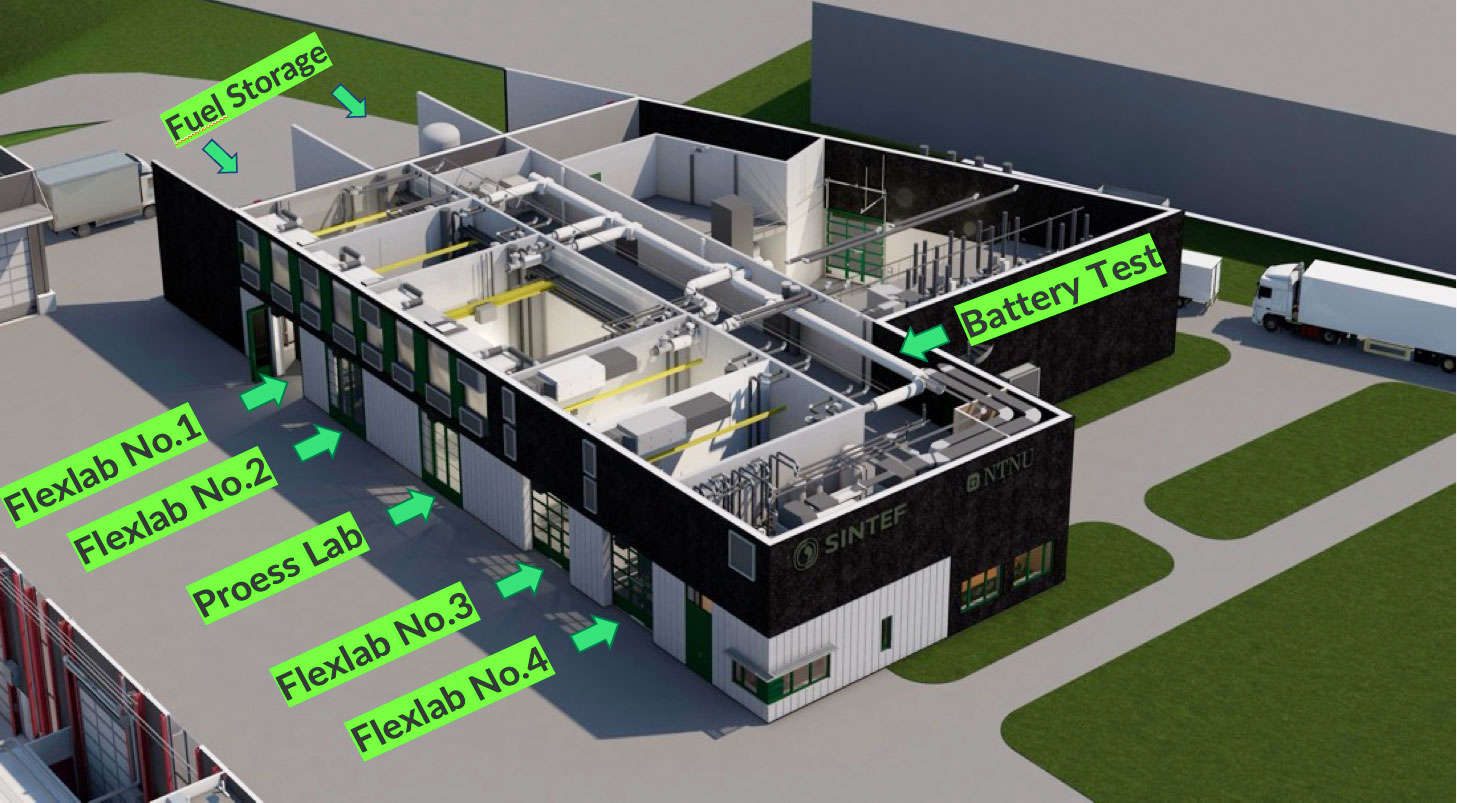
New building to house decades of experience
M-Lab has been intentionally designed to meet the evolving needs of future research, ensuring it can support innovative projects for years to come. With over 30 years of experience in laboratory operations, our team brings extensive expertise in conducting tests and measurements, enabling us to handle a wide variety of advanced fuel and energy systems. The facility’s fuel supply system features double piping for added safety, integrated leak detection, and a multiple-gas alarm system, ensuring the safe management of alternative fuels like hydrogen, ammonia, and methanol, alongside conventional fossil fuels such as marine diesel and HFO.
Additionally, the lab is equipped with a sophisticated ventilation system, high-capacity power electronics, and voltage systems ranging from AC 400/690V to DC 100-950V. The test cells are designed for easy installation, with dimensions of 6×10 meters in Flexlab, providing flexibility for a wide range of experimental setups.
M-Lab and HYDROGENi:
HYDROGENi is at the forefront of research for advancing hydrogen technologies, supporting Norway’s vision to realise a hydrogen-based economy by 2030 and 2050. As clean energy carriers, hydrogen and ammonia have the potential to displace fossil fuels in sectors like industry and transportation, thereby becoming key components in the future energy mix. One of the key focus areas of the Centre is Maritime end-use technologies, where M-Lab’s advanced infrastructure will be instrumental in driving innovation.
Three of the five primary test cells at M-Lab (Flexlab No.1, 2 and Process lab) are equipped with infrastructure to handle various fuels, including hydrogen and ammonia. Currently, two engines have been allocated for testing with these alternative fuels. These engines will be installed in the Process lab, with the largest test cell spanning 120m². To ensure safety during operations, all three test cells feature advanced safety systems, designed to contain any potential incidents, allowing for unmanned testing of challenging fuels. This capability is essential for conducting rigorous research while minimizing risks associated with handling these innovative fuels.
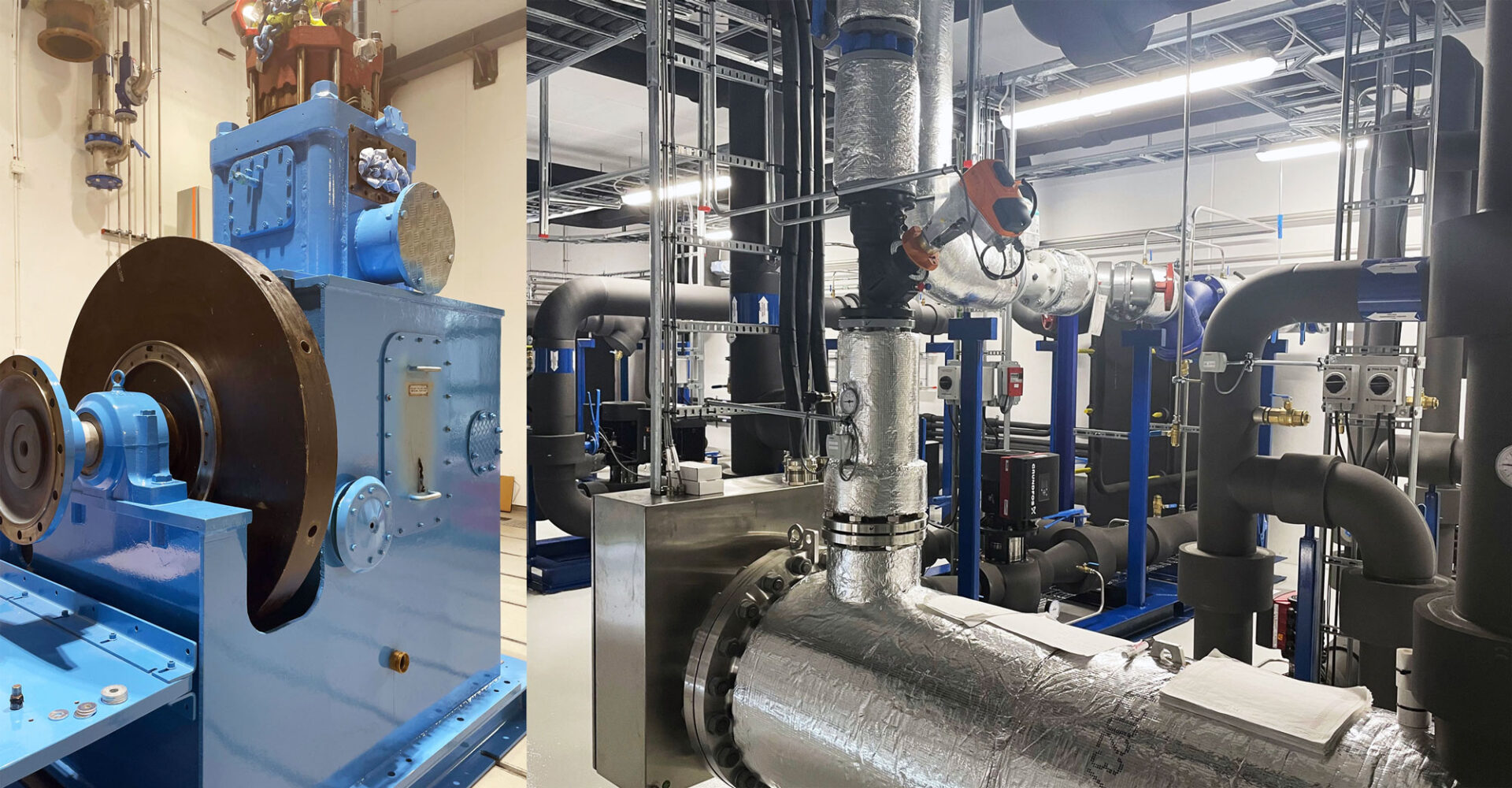
Key maritime decarbonization projects are relying on M-Lab
In addition to HYDROGENi, M-Lab is instrumental in advancing maritime decarbonization through several other key projects:
- AMAZE (AMmoniA Zero Emission project), which aims to develop and demonstrate a new multi-fuel, fuel-flexible system, with support from the Norwegian Research Council,
- Zepod (Zero Emission Pod), which is developing a complete deckhouse containing hydrogen fuel cells (200kW) alongside a hydrogen distribution system, offering up to 1,000kW of power within a 20-foot container, funded by Innovation Norway,
- FUEL-UP, which focuses on producing advanced biofuels through pyrolysis and upgrading 100% biogenic residues for aviation and maritime use, and is supported by Horizon Europe, and
- CALIPSO, which works on implementing sustainable propulsion solutions using alternative fuels in land and naval defense. Funded by the European Defence Fund (EDF) 2023, the project involves 34 partners from 14 EU member states.


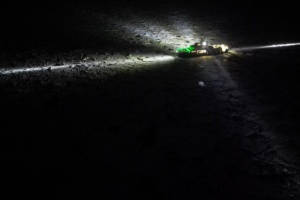

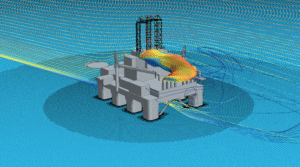

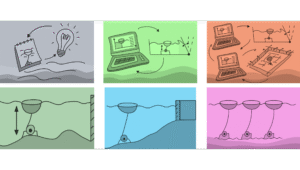

Comments
No comments yet. Be the first to comment!